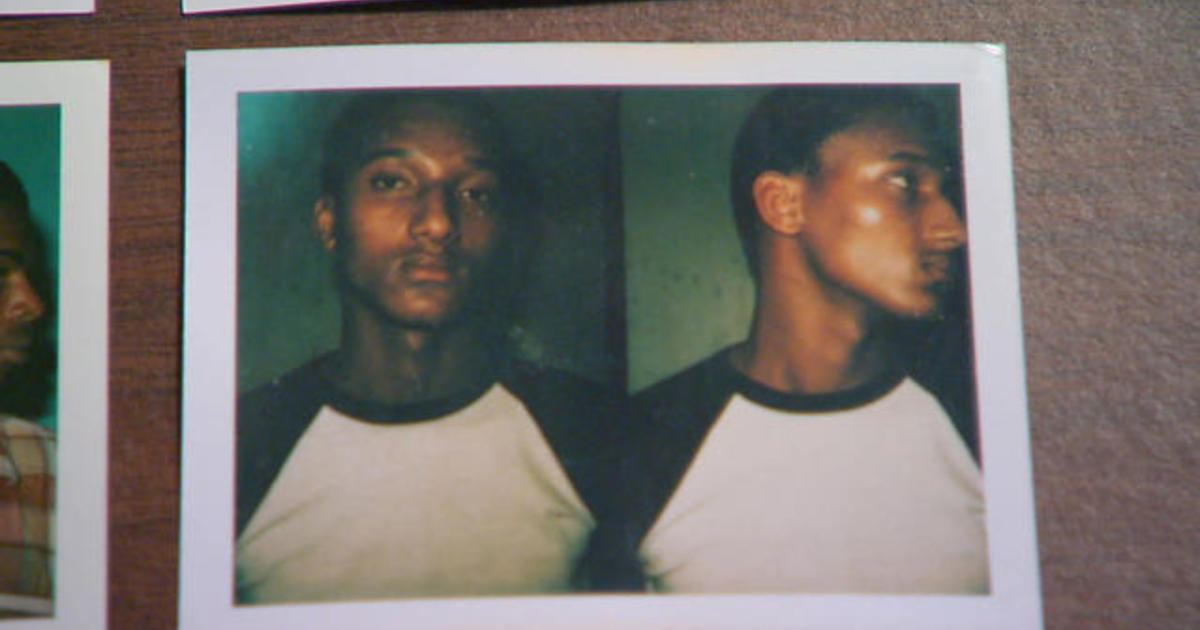As we come to the tip of 2023, we bear in mind the individuals who have moved by way of the door of life and into our collective unconscious. Musicians, composers, and singers are among the many many teams of people that deserve a second of remembrance as they often put into feeling what we can not specific merely by way of phrases or footage or hugs.
Within the closing a part of this four-part sequence, I’ll listing a number of the most prolific artists, both in output or efficiency (or each) who handed away in 2023. These musicians created a lot music throughout their lives, even when they aren’t a family identify. The lists on this sequence are in no way exhaustive, and I’d recognize mentions within the feedback, or tales you will have associated to any of the music-makers listed under.
Peter Nero: A fashionable live performance pianist within the Sixties, Nero would go on to create albums, make tv appearances, and conduct live shows for nearly 60 years. In accordance with the New York Instances, Nero’s exhibits employed a broad array of music, and he would open live shows by telling the viewers:
We will play “Tea for Two.” … Since our association is advanced, we’d like to elucidate what we’ll be doing. My proper hand will likely be enjoying ‘Tea for Two,’ whereas my left hand will play Tchaikovsky’s Fifth. My left foot will likely be fiercely tapping out the normal rhythm to the Tahitian fertility dance. My proper foot is not going to be doing an excessive amount of. It should simply be excited.
Right here he’s enjoying the tune that bought 1,000,000 albums, “Summer season of ‘42”
Carla Bley: The jazz pianist and Oakland, California native, composed and performed and put out greater than two dozen albums throughout a profession that spanned six a long time. She co-founded The Jazz Composer’s Orchestra in 1965 in addition to the nonprofit distributor New Music Distribution Service in 1972. Take pleasure in this efficiency together with her husband, bassist Steve Swallow.
Buck Trent: Trent was finest often called a banjo grasp and nation instrumentalist. He was a daily on nationwide tv exhibits like “The Porter Wagoner Present” and “Hee Haw,” and a collaborator of Dolly Parton’s. You already know his acoustic finger-picking from songs like “Jolene” and “I Will At all times Love You.”
Terry Kirkman: He based the Affiliation, performed “as much as two dozen devices”, and hit the highest of the charts relentlessly through the Sixties. Hits like “Alongside Comes Mary” and “By no means My Love,” led to quite a few appearances on exhibits like “The Smothers Brothers Comedy Hour.” Whereas he continued to do music, Kirkman spent the latter a part of his profession as an habit counselor.
Gloria Coates: She started in Wisconsin, composed 17 symphonies throughout her lifetime, and located success in Europe. Former New York Instances critic Kyle Gann, who lined Coates, spoke of her mastery of the usage of glissandos (orchestral slides). “Gloria owned the orchestral glissando the best way van Gogh mentioned he owned the sunflower,” he mentioned. “The sluggish pitch slides that run throughout the surfaces of her symphonies and string quartets might be tough for the performers to coordinate, which has in all probability made musicians much less prepared to current her music. However they make it completely distinctive and recognizable. And beneath these glissandos there’s usually a transparent self-discipline of canons, palindromes and different easy musical buildings.”
Grace Bumbry: An American soprano opera singer, Bumbry persevered by way of segregated America to develop into a high star, performing greater than 200 instances on the Metropolitan Opera in New York Metropolis for many years. She acquired a Kennedy Heart Award in 2009.
Richard Davis: A bassist, Davis began with piano legend Ahmad Jamal within the early Nineteen Fifties, labored with Sarah Vaughan, launched albums, and was the musical director of Van Morrison’s “Astral Weeks,” thought of by many to be one of many biggest rock albums of all time. He taught and performed in orchestras. Briefly, he did all of it.
Nancy Van de Vate: She was solely the “second lady to obtain a doctorate in music composition in america,” and would develop into an completed and celebrated modernist composer throughout her greater than 70-year profession. Van de Vate composed greater than 100 compositions, together with seven operas. She left america to settle in Vienna for the latter a part of her life, and continued to talk brazenly in regards to the want for girls to be higher represented within the world of classical music.
There have at all times been one or two girls within the American musical institution, again to the time when Amy Seaside was essentially the most profitable composer of her era, and he or she lived in Boston. I don’t see that as progress. It’s like saying we now have Sandra Day O’Connor on the Supreme Court docket now, so subsequently all girls have equal rights.
Walt Groller: He was a polka legend, thought of to be probably the most “distinguished polka gamers on the earth.” Groller started enjoying accordion on the age of 4, started enjoying professionally at 12, and loved a 72-year profession that was interrupted solely by the Korean Warfare. Groller was inducted into the Polka Corridor of Fame in 1986. His life’s motto was “Bringing Folks Collectively By Music.”
Ahmad Jamal: Jamal’s profession spanned six a long time. He performed “American classical” music (a time period he most well-liked to “jazz”) and did all of it. Born in Pittsburgh, Pennsylvania, Jamal was to the piano trio “what Thomas Edison was to electrical energy,” within the phrases of pianist and composer Eric Reed. He recorded music for motion pictures, was featured in all places, performed the world, and was often sampled by hip-hop artists on legendary tracks like Nas’s “The World Is Yours.”
Fuzzy Haskins: Haskins was a key member of the doo-wop group that advanced into Parliament-Funkadelic. Haskins launched solo albums, and he sang and wrote as Parliament-Funkadelic rose and carried out relentlessly. P-Funk frontman, George Clinton, described Haskins in his memoir this manner: “Fuzzy, who was second lead, was a soulful tenor with all of the bluesy inflections, like Wilson Pickett, actual tough.”






















